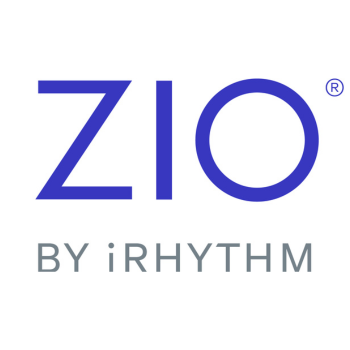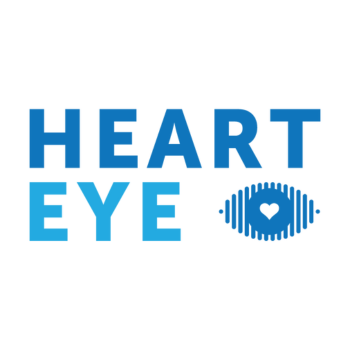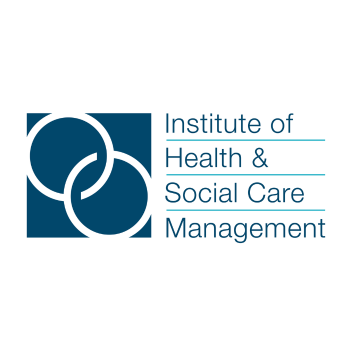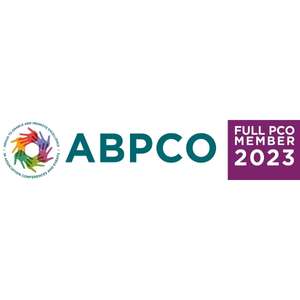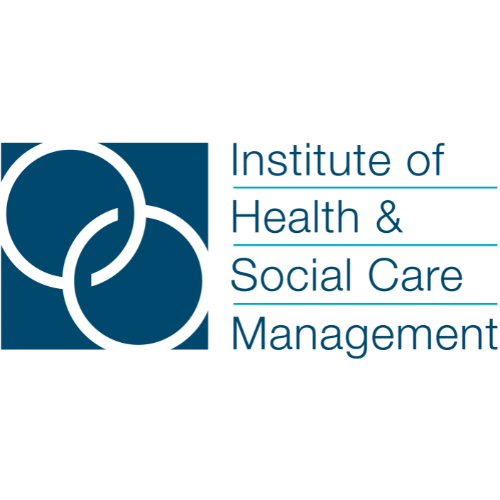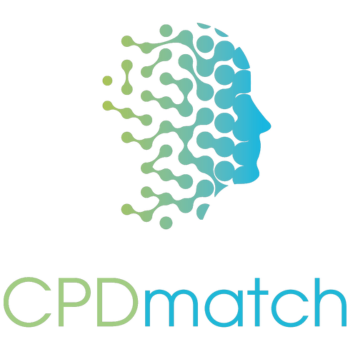CardioVision 2026: Transforming Cardiovascular Care in the NHS - A Strategic Summit on System-Wide Cardiac Transformation - All Convenzis Events Provide 8 CPD Points Per Delegate
Cardiovascular disease remains the UK’s leading cause of death and a defining challenge for the NHS. With over 425,000 patients waiting for heart care, and growing disparities in access and outcomes, the need for system-wide change is urgent. The 10 year plan call for faster diagnosis, proactive prevention, and integrated, data-enabled cardiac services.
CardioVision 2026 provides a focused national forum for senior NHS leaders, clinicians, and system partners to strengthen the delivery of cardiovascular transformation. The summit moves beyond discussion, equipping delegates with tested delivery models, practical tools, and collaborative insight to accelerate improvement in prevention, diagnosis, and care delivery across secondary care, ICBs and provider networks.
Summit Focus:
The CardioVision 2026 Summit is a premier event for sharing best practices and innovations, designed to help NHS professionals move from awareness to applied implementation. Delegates will gain hands-on frameworks, tested delivery models, and peer-derived insights on how to embed safe, equitable, and sustainable transformation within cardiovascular services.
Dedicated Skill Clinics will provide practical sessions offering tools, checklists, and implementation templates to support diagnostic scaling, digital adoption, and pathway redesign. Lessons Learned Sessions will offer candid reflections from NHS leaders on tackling service bottlenecks, workforce challenges, and data integration barriers.
This is not a showcase of what to achieve, but a skills exchange on how to achieve it, translating national ambition into measurable improvement.
This year’s event is structured around clear outcomes. Delegates will leave understanding:
- Driving cardiovascular transformation: Applying national frameworks across systems and pathways, including digital solutions, AI, and early diagnostics.
- Enhancing diagnostic and operational resilience: Leveraging shared echo and imaging networks, workflow management, and process improvements to boost access and efficiency.
- Building workforce capability: Developing confidence in digital and community cardiology, multidisciplinary teams, and the latest cardiac therapies and physiological innovations.
- Embedding governance and data excellence: Ensuring interoperability, equity monitoring, and effective use of CVD prevention data to track outcomes across cardiac services.
- Achieving measurable improvements in care: Optimising prevention, therapies, and patient pathways with the support of advanced wearables and remote monitoring.
- Transforming patient experience: Implementing smarter, integrated models of care that combine imaging, diagnostics, therapies, and digital tools to improve outcomes.
What’s New for 2026:
- Morning & Afternoon Skill Clinics: immersive sessions focused on actionable tools, checklists, and templates delegates can implement immediately.
- Lessons Learned Sessions: real-world reflections from NHS leaders detailing what went wrong, what changed, and what succeeded.
- Peer Learning Circles: small-group exchanges to explore common challenges and co-design solutions across ICBs and provider collaboratives.
- Action-Driven Case Studies: showcasing not only outcomes achieved, but how results were delivered through process and workforce innovation.
Why Attend:
- Earn 8 CPD Points by attending.
- Build professional confidence through applied, hands-on learning.
- Access ready-to-use frameworks for diagnostic scaling, therapy optimisation, and workforce transformation.
- Hear real experiences from peers and leaders driving cardiovascular improvement.
- Leave with practical artefacts, toolkits, and action plans for local rollout.
- Join a community of NHS professionals committed to capability-building and sustainable cardiac delivery.
Who Would Benefit:
This conference is ideal for clinical, operational, and digital leaders driving cardiovascular transformation, including ICB and ICS teams, Clinical Directors, Cardiology and Imaging Leads, Chief Pharmacists, Primary Care Leaders, CCIOs, CIOs, Service Managers, and Transformation Directors. It will also benefit commissioners, community providers, and workforce planners seeking practical guidance on scalable, interoperable cardiac models of care.
Suppliers, digital partners, and academic collaborators will gain insight into implementation priorities, workforce skill gaps, and the real-world enablers shaping the next decade of NHS cardiovascular transformation.



